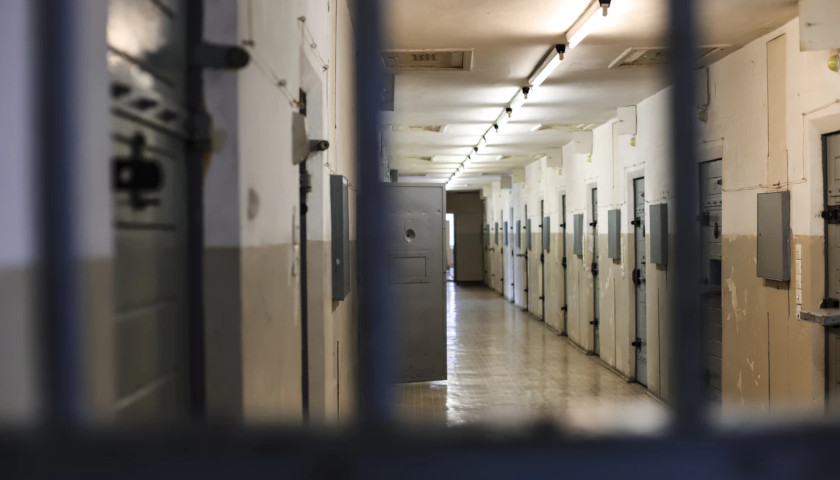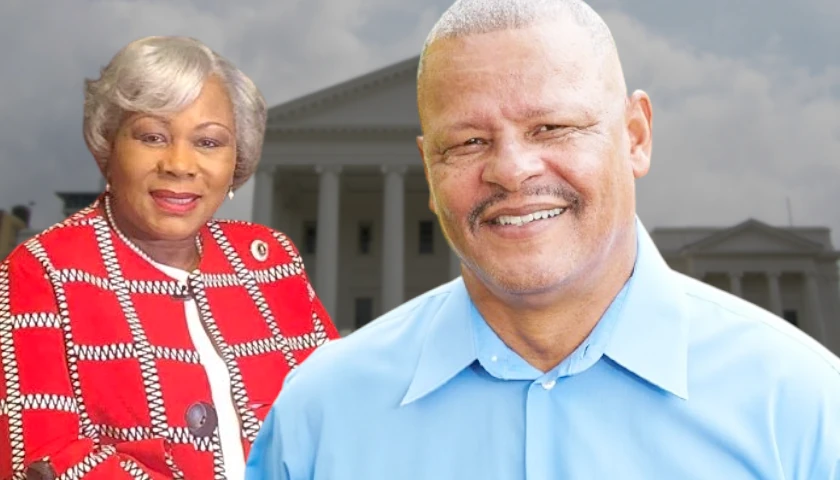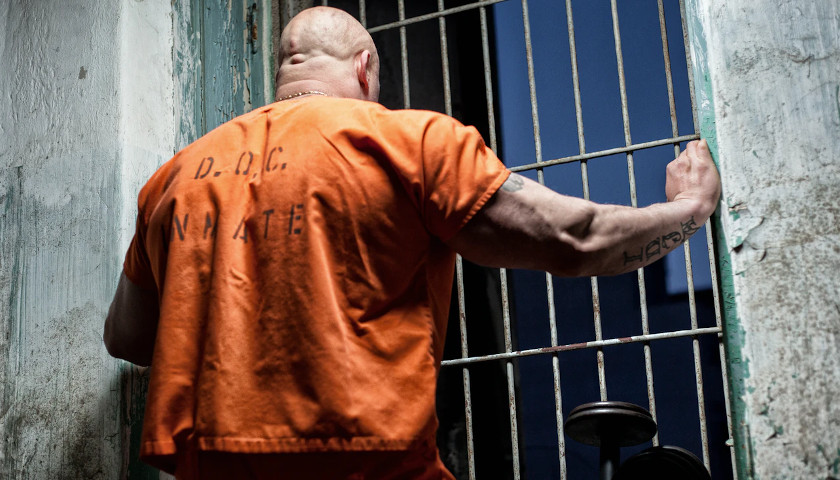A bill in the state Senate that would prohibit prisons and juvenile facilities run by the Virginia Department of Corrections (DOC) from placing offenders in solitary confinement was reported out of the Rehabilitation and Social Services Committee on Friday.
Specifically, Senate Bill 1301 does not outright ban the use of solitary confinement – defined as 17 or more hours in a cell for juveniles and 20 or more hours for adult prisoners – but more so restricts the practice and implements safeguards against misuse
“My bill sets the policy in the Commonwealth that we are going to eliminate solitary confinement,” Sen. Joe Morrissey (D-Richmond City), who introduced the legislation, told The Virginia Star. “The bill necessarily allows some exceptions for untoward behaviors which would require that environment, but limits the amount of time it can last and recognizes that there are physical and mental ramifications for putting somebody in solitary confinement.”
The bill says that no prisoner or juvenile will be placed in solitary confinement unless it is for the purpose of providing medical or mental health treatment and is consistent with recommendations from a medical practitioner.
The exceptions outlined in the bill for when solitary confinement is allowed, determined by a facility administrator, are as follows: to prevent an immediate threat of physical harm to the prisoner/juvenile or other inmates, during a facility-wide lockdown to ensure the safety of offenders, or for their own protection.
If the first exception is used, state facility prisoners can be held in that environment for no longer than 48 hours and 24 hours for juveniles.
While presenting the bill to committee members, Morrissey argued that there is currently nothing preventing inmates in state prisons from being put in solitary confinement for long stretches of time and suggested facilities use alternative punishments instead like forfeiting earned sentence credits, loss of privileges such as visitation or phone calls, and even a delayed parole date.
A DOC spokesperson told The Star that the agency does not have solitary confinement in the Commonwealth by common definition of the term.
According to an agency release, the DOC instead has what is called short and long-term restrictive housing. Inmates can be put in short-term restrictive housing for fighting, assault, being under the influence of drugs or refusing to follow direct orders, among others. Long-term restricting housing is for more serious offenses like attempted escape, or murder of another inmate or facility staff.
Jermiah Fitz, a DOC legislative liaison, said during the committee meeting that the agency does not have a position on the bill but proceeded to briefly address the members.
“Since 2011, the Virginia Department of Corrections has remained dedicated to developing a culture change and reducing the use of restricted housing,” Fitz said. “From January 2016 to June of 2020, [DOC] has decreased its restrictive housing population statewide by 60 percent. That’s roughly 908 individuals less than when the study started in 2016.”
Fitz also said the agency agreed with Morrissey’s attempt to reduce restrictive housing, but some details in the bill presented DOC with challenges that they have concerns over. However, Fitz neither specified what those concerns are nor the aforementioned details.
Morrissey said he does not know what the specific concerns from DOC are but is going to reach out to inquire about specifics and try to address it before the bill is heard again.
The legislation narrowly reported out of committee by an 8-5 party-line vote. All of the Democrats voted in support of the measure and nearly every Republican opposed except for Sen. Emmett Hanger (R-Augusta) who abstained.
Sen. Bill DeSteph (R-Virginia Beach) told The Star that he voted against the bill because of policy issues and several parts of the legislation that he did not agree with.
The bill referred to the Finance and Appropriations Committee for fiscal consideration, which meets this upcoming Tuesday.
– – –
Jacob Taylor is a reporter at The Virginia Star and the Star News Digital Network. Follow Jacob on Twitter. Email tips to [email protected].






It’s all about money. Prisons could operate cheaper with less solitary confinement. The ones who should be worried are the other inmates.